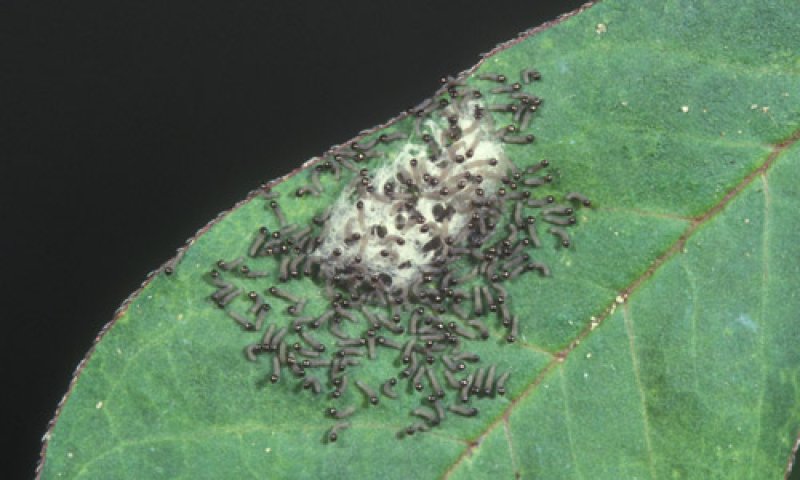The onset of the long rain season (March-June) in Kenya usually brings hope, especially to rural smallholder farmers who prepare their lands for planting crops such as maize, beans and vegetables.
But for Rosemary Alusa, a 46-year-old small-scale maize farmer from Kakamega County in Kenya, these rains now worry her.
Her fear was how to deal with a ‘strange’ worm that attacked her maize field last year and caused her over 40 per cent loss. “Two months after planting, I noticed the worms in parts of my maize field, confirming my fear,” Alusa tells SciDev.Net.
…
Since fall armyworm was reported in Kenya during the long farming season in March [2017], maize farmers such as Alusa have been grappling with the fight against the crop-devastating worm and the country is still working on adopting and registering effective pesticides to help control the pest.
…
According to scientists from the Kenya Agricultural and Livestock Research Organisation…fall armyworm is emerging as a big threat to food security in Africa.
…
[T]he pest which is present in 40 countries in Sub-Saharan Africa could cause maize yield losses of about 8.3 to 20.6 million metric tonnes a year in Eastern and Southern Africa. The value of these losses…is estimated at between $2.48 billion and $6.19 billion a year.Read full, original article: Smallholders grappling with fall armyworm in Kenya































